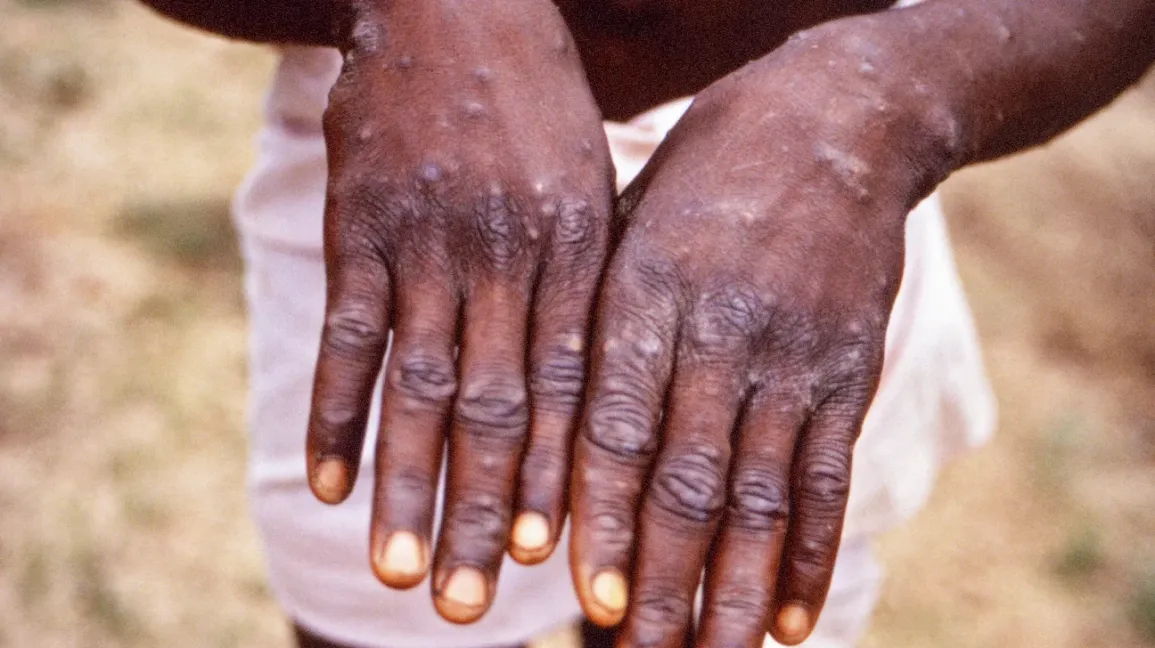Monkeypox, an infectious disease caused by the monkeypox virus, is spreading globally, including within the United States.
The virus primarily spreads through close contact with an infected person but can also be transmitted from infected animals.
The current outbreak involves the West African strain, which causes milder symptoms than the Central African strain and is rarely fatal.
How Monkeypox Spreads
Monkeypox spreads through:
Direct contact with bodily fluids, sores, scabs, or respiratory droplets from an infected person. This includes activities like kissing, cuddling, or sex.
READ ALSO: Monkey Pox: Going to Akwa Ibom? Read this
Contact with contaminated materials, such as clothing or bedding.
Scratches or bites from infected animals, or contact with an infected animal’s blood or bodily fluids.
Symptoms of Monkeypox
Symptoms typically appear 1 to 2 weeks after exposure and include:
Flu-like symptoms: chills, fever, exhaustion, headache, muscle aches, swollen lymph nodes.
A rash that resembles pimples or blisters, which can appear on the face, mouth, hands, feet, chest, genitals, or anus. The rash progresses through stages before healing completely.
The illness usually lasts 2 to 4 weeks.
When to Seek Medical Care
Fever, aches, or swollen lymph nodes.
A new rash or sores.
READ ALSO: Monkey pox: Nigerians advised to avoid eating of Monkeys, bushmeat
Close contact with someone infected with monkeypox.
Seek emergency care if you experience:
A stiff neck, chest pain, confusion, difficulty speaking, seizures, or trouble breathing.
Prevention and Vaccination
To prevent monkeypox:
Avoid close contact with infected individuals or materials they have used.
Clean high-touch surfaces and wash hands frequently.
If close contact is necessary, wear a mask.
Vaccines such as JYNNEOS and ACAM2000 are available to prevent infection, especially for those exposed or at high risk. The supply of these vaccines is currently limited.
Diagnosis and Treatment
Monkeypox is diagnosed through PCR testing of a swab from a skin lesion. Most people recover without treatment in 2 to 4 weeks, but relief measures include hydration, rest, oatmeal baths, and over-the-counter pain relievers. Antiviral treatments for smallpox may also be used in severe cases.

 Health5 days ago
Health5 days ago
 Entertainment6 days ago
Entertainment6 days ago
 Crime5 days ago
Crime5 days ago
 Education7 days ago
Education7 days ago
 Health7 days ago
Health7 days ago
 Comments and Issues6 days ago
Comments and Issues6 days ago
 Football6 days ago
Football6 days ago
 Latest6 days ago
Latest6 days ago

